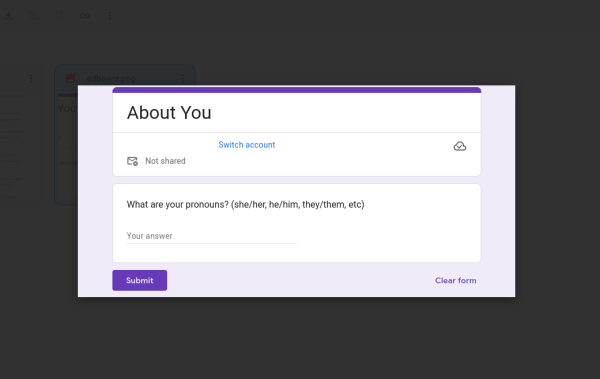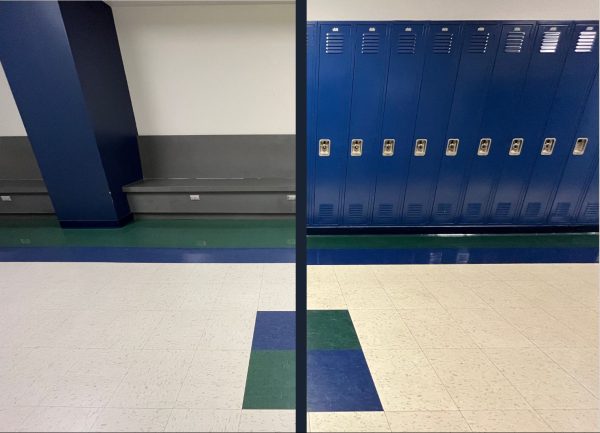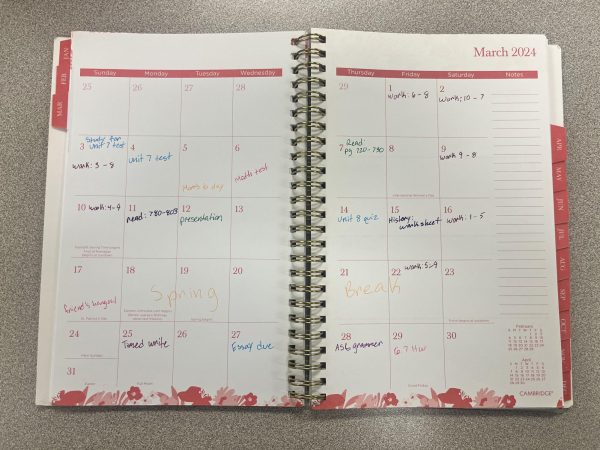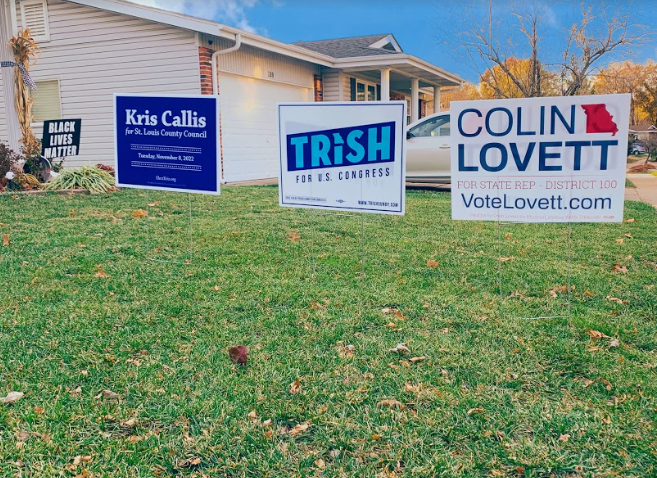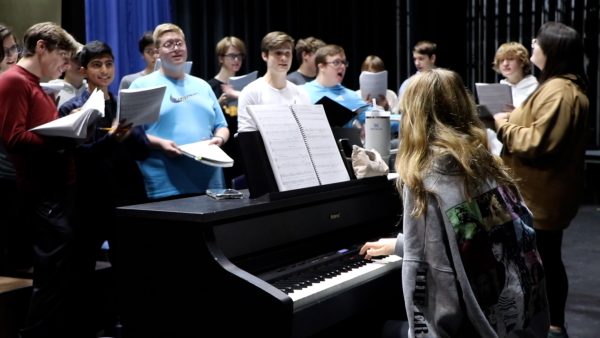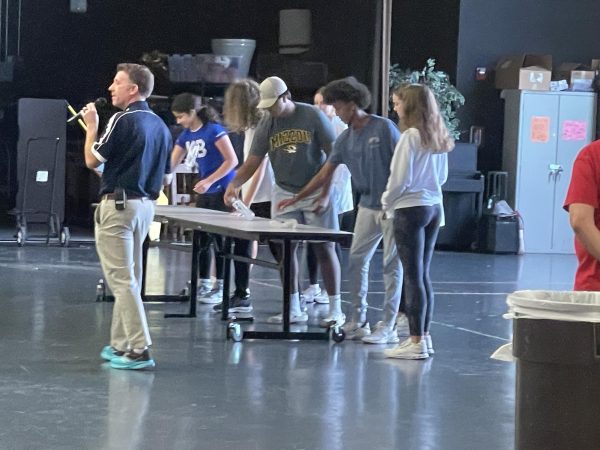Opinion: Let Teens Vote
Media by Aiden Burkhardt
The ability to decide on important issues means teens would have more of an investment in the state of America, and subsequently more motivation to better it.
Since I was a toddler, I’ve attended every single time my parents have voted in a presidential election. As a child, voting seemed like a daunting task — deciding the future of the country — but as the years went on, I found the idea of voting becoming more appealing than intimidating.
I’m likely not alone, either: roughly 8 million Americans between the ages of 16 and 18 are unable to vote, even on issues that affect them above all others. Enfranchising these adolescents is the right thing to do.
Lowering the voting age to 16 would hardly be revolutionary. Actually, it would be quite the opposite, for it follows the established trend of allowing new groups into the field of voting.
The U.S. has a history of progressive allowance of new groups to voting. Initially, some states only permitted white property-holding men to vote.
Only in 1870 and 1920, respectively, were African Americans and women permitted to cast a ballot. In 1971, the 26th Amendment was put into effect. This guaranteed the right to vote to those that were 18 years or older, as opposed to the previous limit of 21 years of age.
Additionally, many issues up for election are those that affect teens and younger generations the most. Just as it would hardly be fair to let only teenagers vote on tax rates, it makes little sense to permit exclusively adults to vote on objects of importance to younger generations like public school policy, environmental issues and the like.
Teenagers are already treated like adults in other ways as well. Sixteen and seventeen year olds can drive, have a job, donate blood and register as organ donors. Additionally, approximately half-a-million people are incarcerated as adults every year in the U.S. If teenagers can suffer the negative aspects of being an adult, they should be granted the benefits of these ideas too.
This is also the primary reason that 16 would be the best age to lower the threshold to. Just as the 26th Amendment was instated because of the absurdity that 18 year olds could be drafted yet be unable to vote, 16 and 17 year olds share a large amount of responsibilities that foster critical thinking and maturity, ideal skills for voting. While 15 year olds and below could very well be allowed the right to vote, 16 and above is when teens are most similar to adults in terms of rights and responsibilities.
The ability to decide on important issues means teens would have more of an investment in the state of America, and subsequently more motivation to better it.
Lack of maturity is a main concern of those who argue against lowering the voting age, and while perhaps founded, these worries are ultimately unimportant. There are probably many 16 and 17 year olds who don’t have much civic and political knowledge, just as there are many adults who are similarly politically unaware.
Teenagers, just like any adult, hold an equal stake in the future of their city, state and country, and should be given the ability to participate in its success.
Your donation will support the student journalists of Marquette High School. Your contribution will allow us to purchase equipment and cover our annual website hosting costs. You may become a PATRON by making a donation at one of these levels: White/$30, Green/$50, Blue/$100. Patron names will be published in the print newsmagazine, on the website and once per quarter on our social media accounts.

Aiden Burkhardt, senior, is a staff reporter for the Marquette Messenger. This is his third year on staff. Aiden enjoys airsoft, martial arts and writing....



